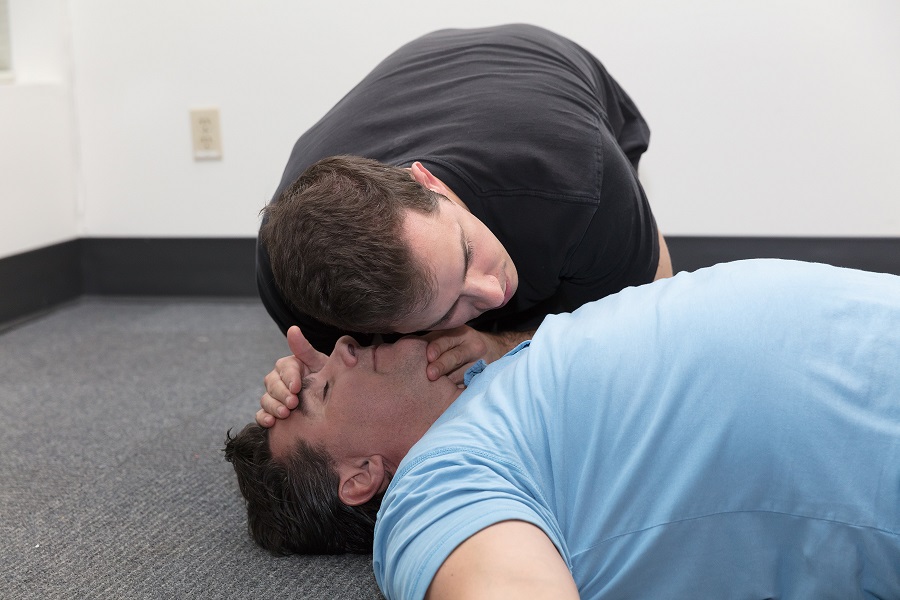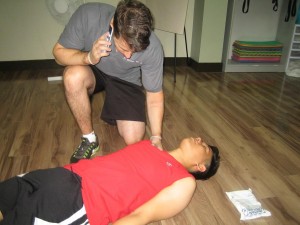Fainting (medically known as syncope) is a condition where a person temporary loses consciousness caused by a temporary loss of blood supply to the brain and is a symptom that can be associated with a more serious medical condition.
Anyone can faint at any age but in the case of elderly persons, it could be a serious underlying cause. A sudden drop in heart rate and blood pressure or a cardiac-related condition are common causes of fainting. The cause of fainting in many cases is unknown.
Signs and symptoms of fainting
- A sense of lightheadedness and can be accompanied by shaky and/or blurred vision
- A sense of vertigo (feeling that the room is spinning)
- Perception of “spots in front of the eyes”
- Paleness with dilated pupils and sweating
- Sudden loss of consciousness for a short time
Anyone can faint at any age but in the case of elderly persons, it could be a serious underlying cause.
Causes
Vasovagal syncope occurs when the heart pumps more forcefully and the blood vessels relax, however, the heart rate fails to compensate fast enough to maintain the blood flow to the brain.
Vasovagal syncope can be caused by the following:
- A hot environment especially in crowded places
- Emotional factors such as stress or a threat of injury
- From standing too long
- An illness that causes fatigue, dehydration, and etcetera
Situational syncope which occurs in certain situations such as:
- Cough syncope is an uncommon type of fainting that occurs when a person coughs too forcefully
- Swallow syncope
- Micturition syncope
- Postprandial fainting
Postural syncope is a condition where a person who is lying down that feels perfectly well and is fully awake suddenly faints upon standing up due to the sudden change in blood flow as when a person stands up, there is a temporary drop in blood pressure. This is more common to those who freshly started or had adjustments in certain cardiovascular medications. This type of fainting is caused by:
- Diminished circulating blood volume due to bleeding from an injury, dehydration, or due to heat exhaustion.
- Weakened blood circulation due to certain drugs, ailments of the nervous system or due to diabetes.
Cardiac syncope is often caused by heart-related diseases. These are often life-threatening and is caused by the following:
- A cardiac rhythm abnormality where electrical problems of the heart impair its ability to pump blood causing a decrease in blood flow.
- Cardiac obstruction
- Heart failure
Neurologic syncope is caused by a neurologic condition or event such as:
- A stroke
- Transient ischemic attack
- Migraines can also cause fainting on rare occasions
FACT CHECK
https://www.emedicinehealth.com/fainting/article_em.htm


